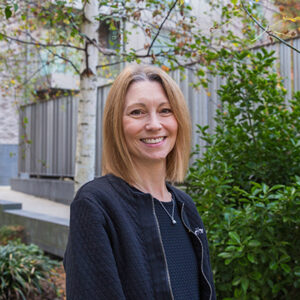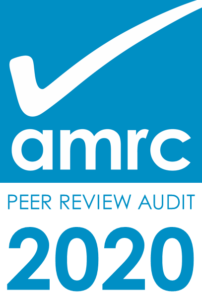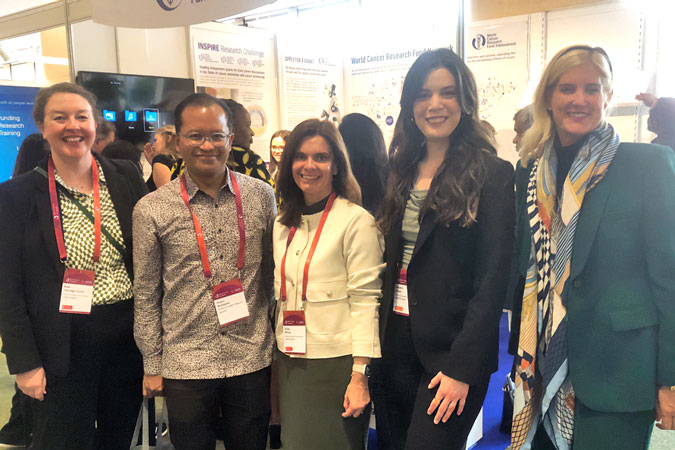Our grant programmes
We fund research that looks at the effects of diet, body composition and physical activity on cancer prevention and cancer survivorship.
On this page
To help us achieve our mission of living in a world where no one develops a preventable cancer, we fund research into cancer prevention and survival through lifestyle.
Our grant programme has been running since 1991. In that time we have funded more than £145m of research, and have had a real impact on preventing cancer and improving the lives of cancer survivors.
Global research expertise
Our grant programme accepts applications from anywhere in the world except the Americas (North America, Central America including the Caribbean, and South America), which has its own programme.
> Browse our ongoing and completed research projects
We receive no funding from any government for this research. In fact, the majority of our money comes from public donations via our network of cancer prevention charities: World Cancer Research Fund in the UK and Wereld Kanker Onderzoek Fonds in the Netherlands.
World Cancer Research Fund International manages and administers the Regular Grant Programme on behalf of World Cancer Research Fund and Wereld Kanker Onderzoek Fonds.

Through this programme we are able to fund ground breaking research which is improving our understanding of the causes of cancer and helping people to live healthier lives after a cancer diagnosis.

As a young researcher, this project has provided me the opportunity to grow as a principal investigator, and the opportunity to learn and collaborate with a team of internationally recognised researchers
Research areas
- Cancer prevention: research into the links relating diet, nutrition, body composition, and physical activity and primary prevention of cancer.
- Cancer survivors: focuses on individuals who have received a cancer diagnosis.
Research themes
- Mechanisms: applies to both research areas, and covers molecular, cellular and physiological mechanisms that help explain the biological connection between relevant exposures and cancer development or progression.
- Host factors: applies to both research areas and covers factors that may explain the variability between people in their susceptibility to cancer or the biological abnormalities predisposing to it. It also applies to the variability in outcomes after a cancer diagnosis, including in response to treatment.
- Evidence for impact in cancer survivors: covers research into the role that diet, nutrition (including body composition) and physical activity can play in, for instance, reducing the side-effects of treatment, improving quality of life during and after the completion of treatment, reducing the risk of distant metastasis, second primaries and local cancer recurrence and ultimately prolonging survival.
Conflicts of interest policy
The WCRF International conflict of interest (COI) policy was developed to meet the best practice recommendations of the Association of Medical Research Charities (AMRC) on the expert review process of our grant calls, both for Panel Members and external peer reviewers.
Apply for a research grant
Regular Grant Programme
We run the Regular Grant Programme to support innovative and original research into the role of diet, nutrition, body composition and physical activity in either cancer prevention or cancer survivorship. This grant call is for researchers based outside of the Americas.
> Find out more about the different grants and the timetable
INSPIRE Research Challenge
This grant call is aimed at early career investigators. It runs in parallel with our existing grant programmes and is open to investigators worldwide.
> Get full details
Apply for an AICR grant
Our network partner grant programme for researchers based in the Americas.
> Apply for an AICR grant
What impact does our research have?
We talk to Dr Amanda Cross about how World Cancer Research Fund chooses which projects to fund and why cancer research is so expensive.
Commitment to best practice as a member of AMRC

World Cancer Research Fund International adheres to the recommendations and best practice guidance of the Association of Medical Research Charities (AMRC).
World Cancer Research Fund International has passed the AMRC Peer Review Audit and has been awarded a certificate by AMRC to show that it follows best practice when peer reviewing grant applications.
During the audit, AMRC assessed the accountability, balance, independence, rotation and impartiality of World Cancer Research Fund International’s peer review process (both internal and external).
The results of the audit demonstrate our commitment to the highest standards of accountability and probity to donors, funders, the government and researchers.
Use of animals in research
The research we fund adheres to AMRC’s Statement on the use of animals in research. Applicants will need to demonstrate that their proposal actively develops and applies the principles and specific guidelines of the National Centre for the Replacement, Refinement and Reduction of Animals in Research (NC3Rs) at all stages of the research process from the design and conduct of experiments through to dissemination and reporting.
Public and patient involvement and engagement (PPIE)
World Cancer Research Fund International supports the AMRC’s shared commitment to public involvement and is dedicated to embedding meaningful PPIE across the research we fund.
We expect applicants to actively involve people with lived experience throughout the research process from shaping research questions to sharing findings, and to demonstrate how PPIE has informed the design, delivery and impact of their work.
This reflects our commitment to supporting research that is relevant, inclusive and informed by the needs and experiences of those it aims to benefit. Please see our Patient and Public Involvement and Engagement Guidelines for more information.

Our partnerships
We collaborate with organisations across the world to advance research and develop policies on cancer prevention